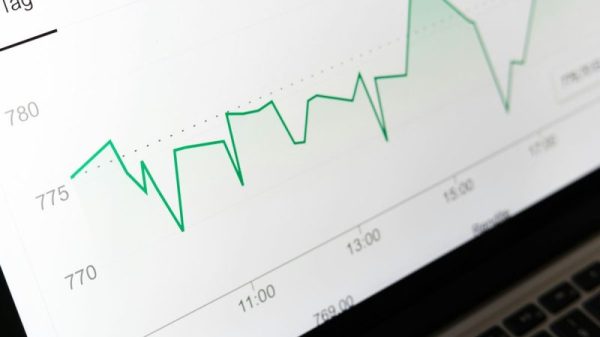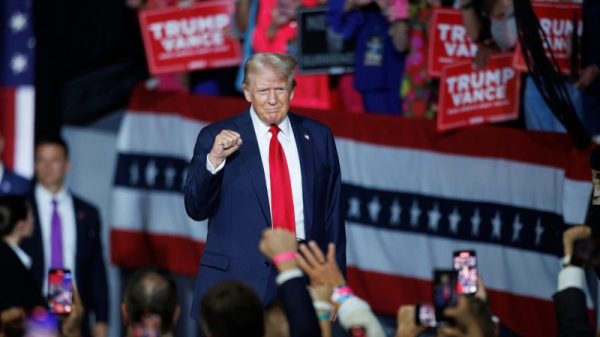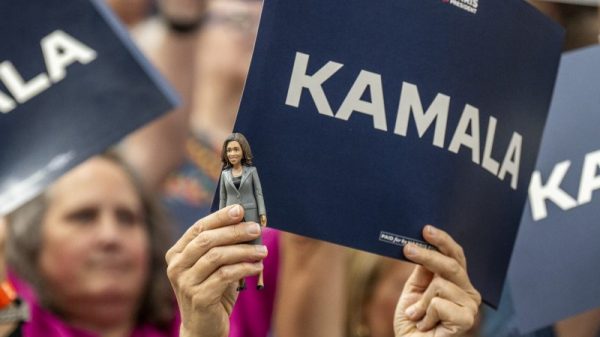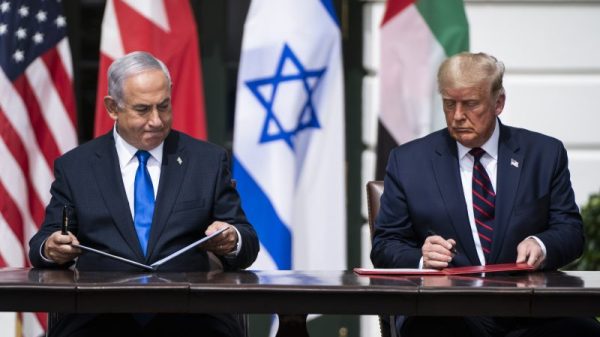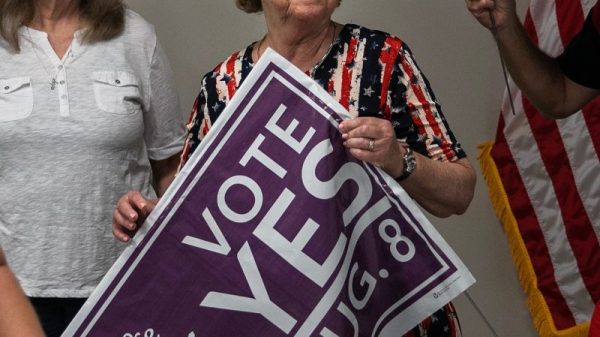Two delegations of U.S. lawmakers are planning trips to China this fall in what would be the latest in a string of high-level visits, encouraged by the Biden administration, as Washington debates how to address a dangerously frayed relationship with Beijing.
Senate Majority Leader Charles E. Schumer (D-N.Y.) and Sen. Mike Crapo (R-Idaho) hope to lead a bipartisan visit in October, spokespeople for the two senators said Tuesday. Rep. Ro Khanna (D-Calif.) told The Washington Post that he wants organize a trip by House lawmakers.
In a statement affirming his “hope” to lead a delegation to China when the State Department deems it “appropriate,” Khanna, a member of the House Select Committee on the Chinese Communist Party (CCP), said that he supports diplomacy with Beijing, and believes “it’s important to engage and have open lines of communication between our two countries.”
The planned visit led by Schumer and Crapo was reported earlier on Punchbowl News.
The Chinese Embassy in Washington did not respond to a request for comment.
The lawmakers’ travel preparations come as administration officials amplify their focus on trying to cool tensions with China. The two powers have been locked in a simmering trade war, and each side has warned of a possible military conflict in the future as their slate of disagreements grows.
In recent months, the White House has dispatched to Beijing Secretary of State Antony Blinken, who in June became the first top American diplomat to visit China in five years. He was followed, in July, by Treasury Secretary Janet L. Yellen and President Biden’s special envoy on climate change, John F. Kerry. Commerce Secretary Gina Raimondo went in August.
To the frustration of many Republicans, the Chinese government has yet to reciprocate by dispatching any of its top officials for talks in Washington.
U.S. officials acknowledge that the administration’s overtures thus far have yielded only modest results. Several in the GOP, meanwhile, have criticized the outreach as misguided, even dangerous, as they argue for an American foreign policy that’s guided by deterrence through military strength.
The administration has taken steps to bolster U.S. military partnerships in the Indo-Pacific region, prompting criticism from Beijing, but those moves have done little to appease Republicans who have accused Biden of being soft on China.
Senate aides, speaking on the condition of anonymity to discuss the Schumer-Crapo led trip, said that the majority leader also extended invitations to Sens. Bill Hagerty (R-Tenn.), John Cornyn (R-Tex.), Mike Rounds (R-S.D.), Martin Heinrich (D-N.M.) and Jeanne Shaheen (D-N.H.). It was not immediately clear who from the House may accompany Khanna.
Hagerty, who served as ambassador to Japan under President Donald Trump, said in an interview that he believes it’s “ill-advised” to continue sending senior administration officials, and “certainly anybody from the United States Senate,” when the Chinese have thus far declined to follow suit.
“Anybody that has dealt with the CCP, as I have in the past, should know that you need to be dealing from a position of strength,” Hagerty added. “That’s not where we are right now.”
He declined to say how he responded to Schumer’s invitation.
Cornyn, in a separate interview, said he informed the majority leader that, “I think something like this could be very important, but frankly not at this time.”
“What I’m worried about … is that you’ve seen the number of Cabinet officials going over there and, you know, looking like they are, frankly, cow towing to the Chinese Communist Party,” he added, saying that the planned trip’s optics seemed “really dubious to me” and that he was unsure “what could actually be accomplished.”
Rounds declined to say whether he was invited or would consider visiting Beijing, adding, though, that he would not “second guess” other members who do. U.S. lawmakers and government officials visit other countries that don’t espouse American democracy but with whom it’s important to maintain a relationship, he noted.
Rounds said, however, that he was unsure whether such outreach to China was effective. “I know that there’s folks who really want to try to do everything they can to avoid conflict. I understand that. But there also has to be a mutual respect for each other,” he said, noting that the U.S. officials to visit so far “have not been very well received.”
Spokespeople for Heinrich and Shaheen said they also would not participate in the trip.
The U.S.-China relationship cratered earlier this year after the U.S. military shot down a suspected Chinese spy balloon off the coast of South Carolina, exposing what the Biden administration later characterized as a sophisticated surveillance operation spanning “more than 40 countries across five continents.”
The White House did not respond to questions about the potential congressional delegations.
Schumer rarely undertakes official travel abroad, though, underscoring this trip’s apparent importance to the administration. Earlier this year, he led a delegation to Germany, India, Pakistan and Israel. Before that, his last such trip was to China, in 2011, two years before Xi became president.
A growing chorus of China hawks in Washington has called for stricter economic policies toward Beijing, including measures to prevent U.S. investment in Chinese companies that build military technology.
At a hearing Tuesday, Rep. Mike Gallagher (R-Wis.), who chairs the China select committee, warned of a scenario in which “China’s military could be raining missiles on our friends in Taiwan, and very likely American servicemembers, with weapons that Americans funded.”
“In short, we’re at risk of financing our own destruction,” Gallagher said during the hearing, held in New York, to scrutinize the interconnectedness of the U.S. and Chinese economies.
State Department officials said during Blinken’s visit in June that, in addition to calming tensions, the United States also is seeking to increase commercial flights between the two countries and find ways to combat the U.S. fentanyl crisis by targeting precursor chemicals that often originate in China.
Yellen said following her visit to Beijing that she spoke to Chinese officials about the government’s treatment of American companies operating in China, and its inappropriate use of state power to shape global markets. Chinese officials, in turn, took aim at U.S. tariffs, implemented under Trump and continued under Biden, and more recent limitations on trade and investment in sensitive technology.
Leigh Ann Caldwell and Toluse Olorunnipa contributed to this report.



